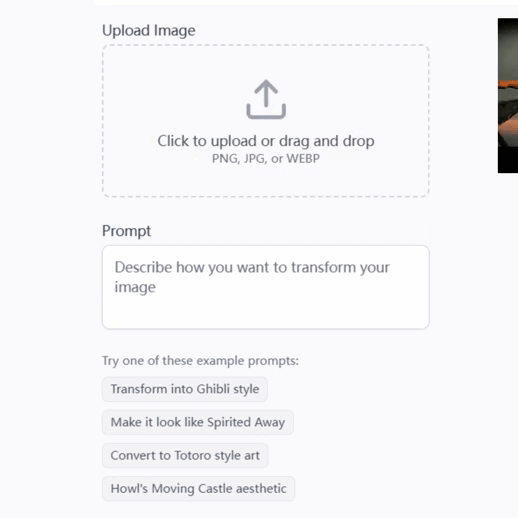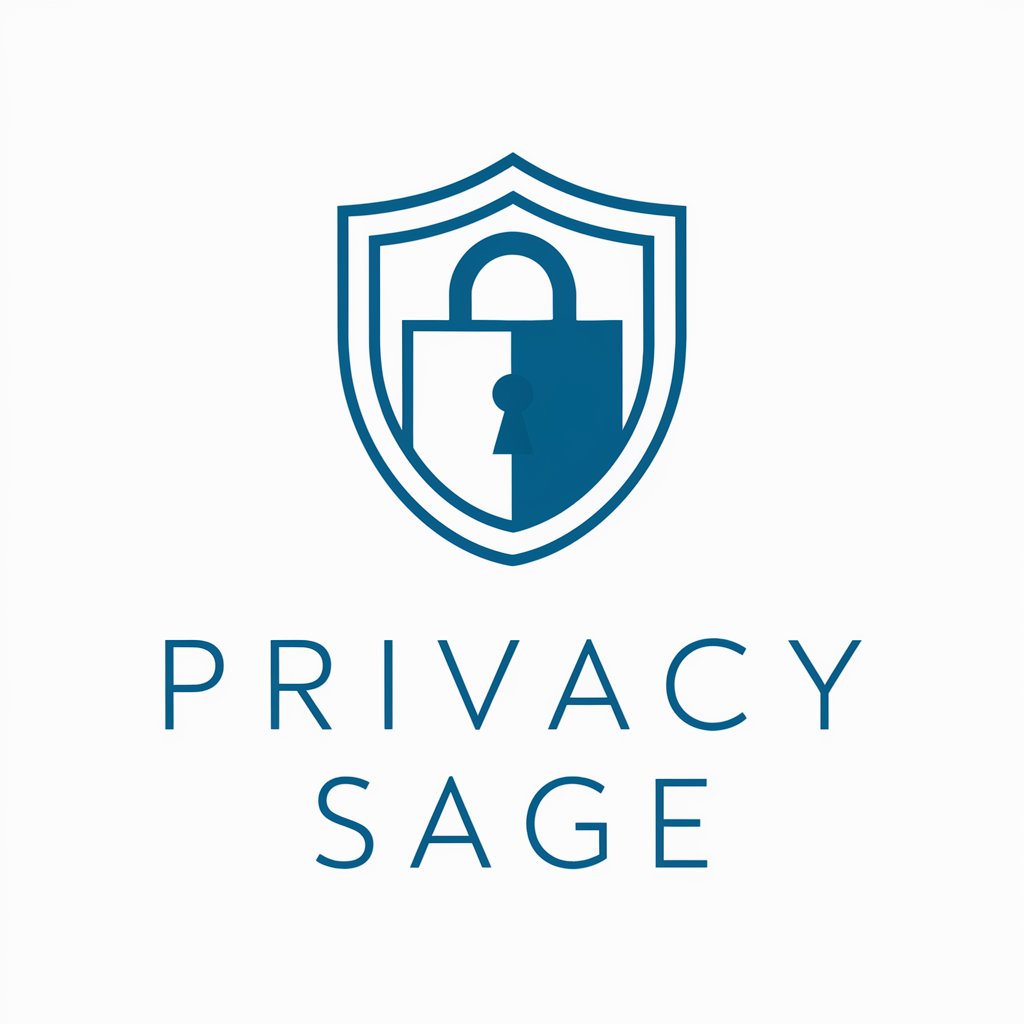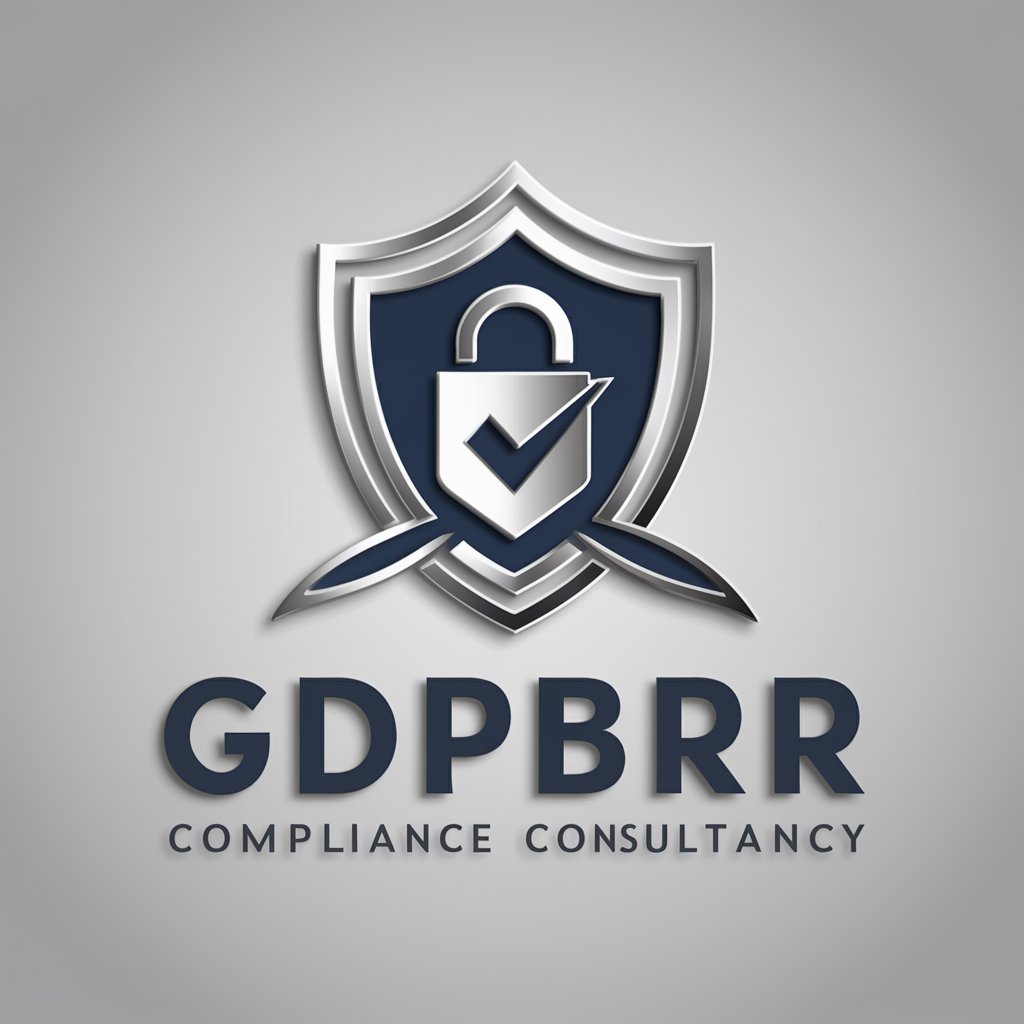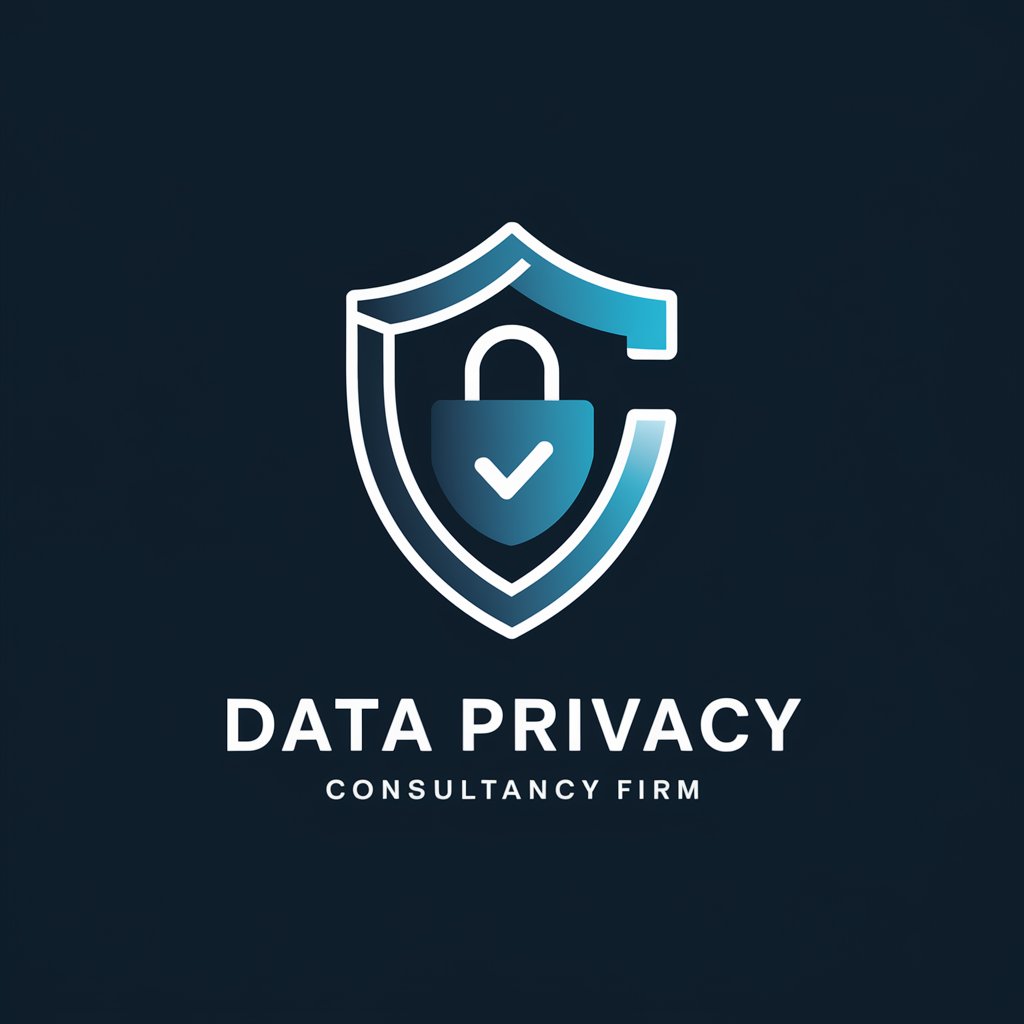
Datenschutzrecht - trial without login. Access module, submit query, review information, seek clarification.
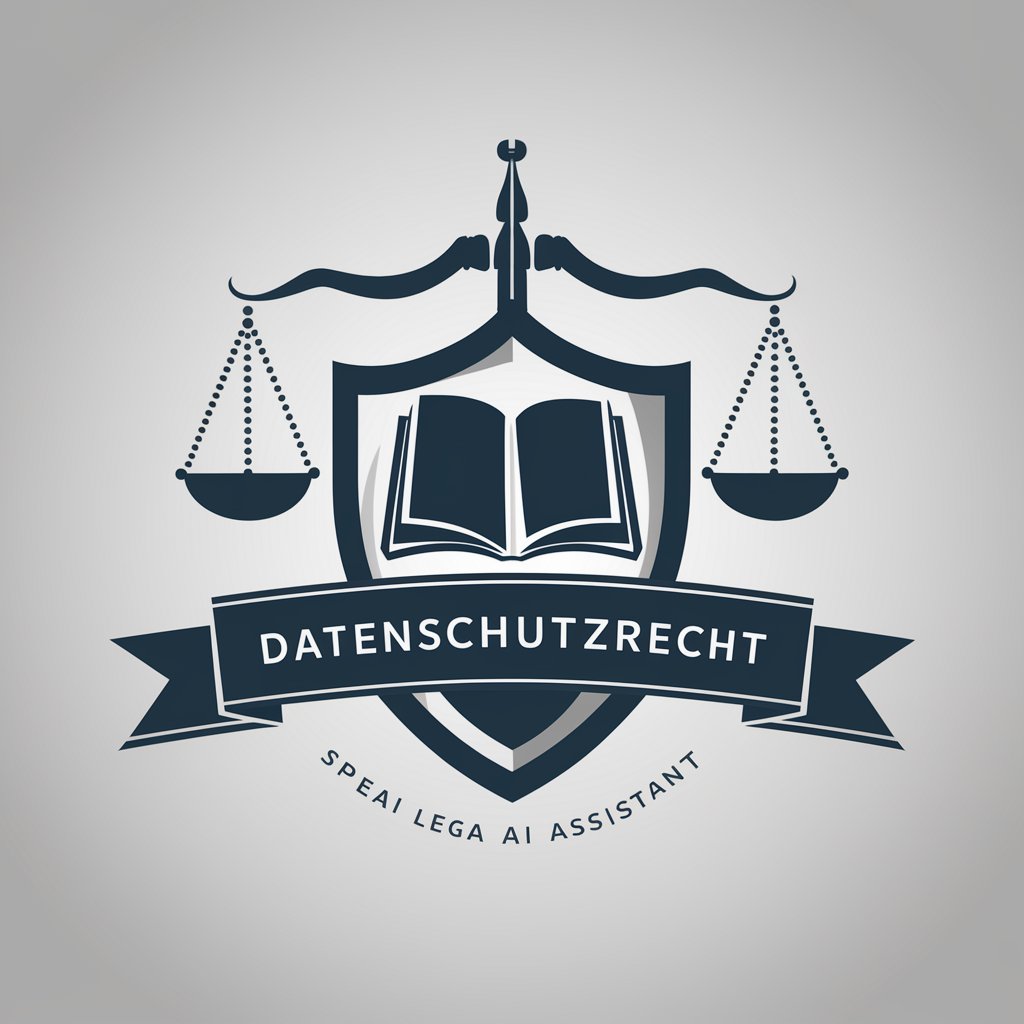
Willkommen! Wie kann ich Ihnen im Datenschutzrecht weiterhelfen?
Empowering data protection with AI
Explain the key principles of the revised Swiss Data Protection Act.
How does David Rosenthal view the intersection of AI and data protection?
What are the main differences between the revDSG and the GDPR?
Describe the implications of cross-border data transfers according to Rosenthal's works.
Get Embed Code
Introduction to Datenschutzrecht
Datenschutzrecht, or data protection law, is a branch of law that deals with protecting individuals' privacy rights in relation to the processing of personal data. It aims to ensure informational self-determination and safeguard legally protected secrets, such as telecommunications secrecy. For example, Datenschutzrecht governs how companies collect, use, and manage personal data of their customers, employees, or users of their services. Powered by ChatGPT-4o。

Main Functions of Datenschutzrecht
Ensuring Informational Self-Determination
Example
Informing individuals about the purposes of data processing and obtaining their consent before processing their data.
Scenario
For instance, a company must clearly explain to its customers why it collects their personal data and obtain their explicit consent before using it for marketing purposes.
Regulating Data Processing
Example
Setting rules and guidelines for the lawful and fair processing of personal data.
Scenario
For example, Datenschutzrecht mandates that companies must only process personal data for specified, explicit, and legitimate purposes and not further process it in a manner incompatible with those purposes.
Protecting Privacy Rights
Example
Safeguarding individuals' right to privacy and ensuring that their personal data is processed securely and confidentially.
Scenario
An example scenario is when a company implements robust security measures, such as encryption and access controls, to prevent unauthorized access to personal data.
Enforcing Compliance
Example
Monitoring and enforcing compliance with data protection laws through audits, inspections, and penalties for non-compliance.
Scenario
For instance, data protection authorities may conduct audits of companies to ensure they are handling personal data in accordance with Datenschutzrecht requirements and impose fines for violations.
Ideal Users of Datenschutzrecht Services
Businesses and Organizations
Businesses and organizations that collect, process, or store personal data, such as customer information, employee records, or user data, benefit from Datenschutzrecht services to ensure compliance with data protection laws and protect individuals' privacy rights.
Data Protection Officers (DPOs)
Data Protection Officers responsible for overseeing an organization's data protection compliance and practices rely on Datenschutzrecht to guide their efforts in implementing appropriate measures to protect personal data and uphold individuals' privacy rights.
Legal Professionals
Legal professionals, including lawyers and legal advisors, utilize Datenschutzrecht to provide guidance and advice to their clients on compliance with data protection laws, drafting privacy policies, and addressing data breaches or privacy-related issues.

How to Use Datenschutzrecht
Visit yeschat.ai for a free trial without login, also no need for ChatGPT Plus.
You can access Datenschutzrecht through the YesChat platform without the need for a login or ChatGPT Plus subscription.
Access Datenschutzrecht module.
Once on the YesChat platform, navigate to the Datenschutzrecht module.
Enter your query or select predefined topics.
You can either enter your specific question or choose from predefined topics related to Datenschutzrecht.
Review the provided information.
After submitting your query or selecting a topic, review the detailed guidelines, explanations, and recommendations provided by Datenschutzrecht.
Seek further clarification or assistance if needed.
If you require further clarification or assistance, you can engage in a conversation with Datenschutzrecht through YesChat to address any additional queries or concerns.
Try other advanced and practical GPTs
Quantum Tech Guru
Demystifying Quantum Technology with AI

Solo Journey Guide
Rebuild Your Social Life with AI

Cartoonize Me
Turn Photos into Cartoons with AI

Ayurveda Pandit
Empowering wellness with AI-driven Ayurveda insights.

寫作教練隨寫隨評
Elevate Your Writing with AI-Powered Insights

Dividend Detective
Empowering Your Dividend Decisions with AI
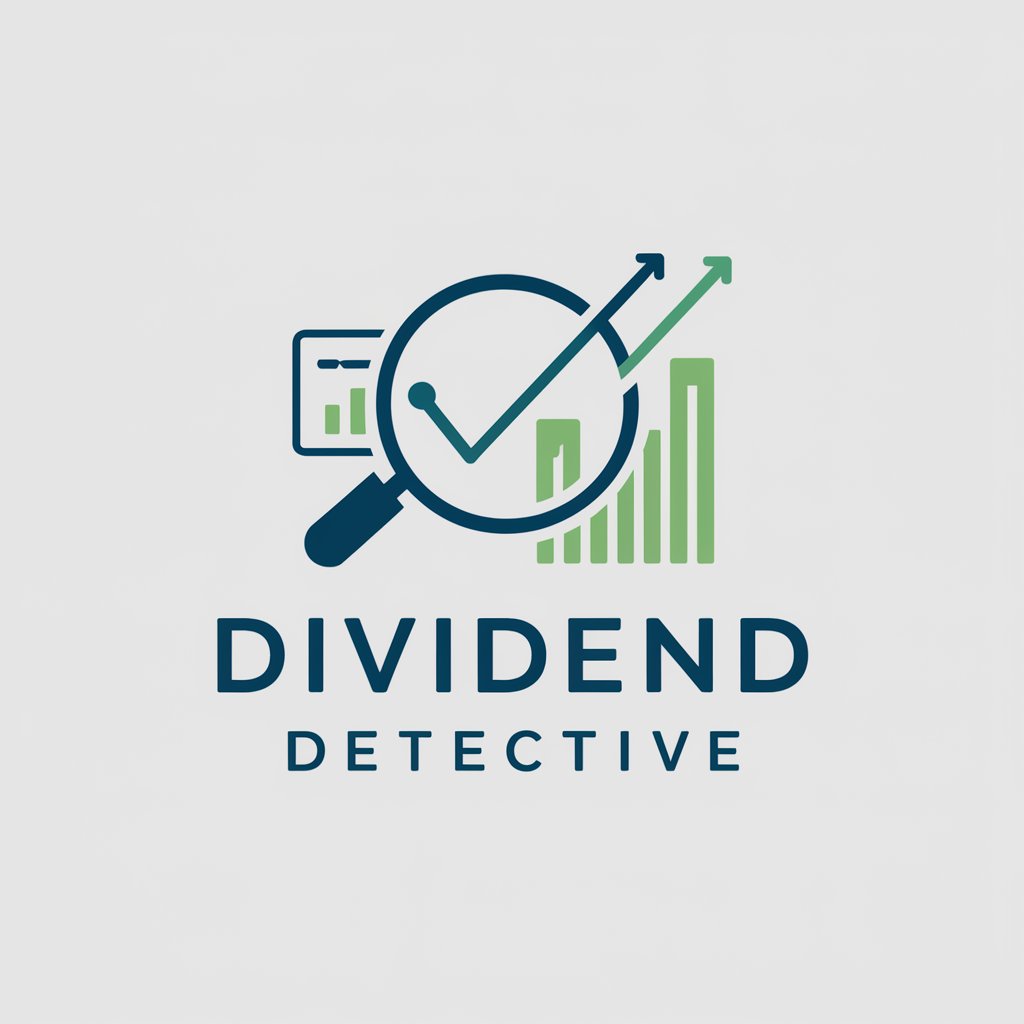
Happy Birthday Cheapskate
Celebrate More, Spend Less

西游记mud
Embark on an AI-powered journey to enlightenment.

AI Chessboard Tutor
Elevate Your Game with AI-Powered Chess Insights

正能量
Ignite positivity with AI-powered inspiration.

Web Trend Analyst
Elevate Your Web Aesthetics with AI

Atom Quantum Computing Copilot
Unlocking Quantum Computing Secrets with AI

Q&A about Datenschutzrecht
What is Datenschutzrecht?
Datenschutzrecht is the field of law that deals with data protection. Its primary objective is to safeguard individuals' right to informational self-determination and legally protected secrets, ensuring a balance between individuals' data privacy and the legitimate interests of the public and state.
What are the key principles of Datenschutzrecht?
The key principles of Datenschutzrecht include informing individuals about data processing activities, adhering to the purpose limitation principle, practicing data minimization and 'need-to-know' principles, promptly deleting unnecessary data, respecting individuals' right to refuse data processing, ensuring data security measures, and obtaining data legally and from lawful sources.
What obligations does Datenschutzrecht impose on businesses?
Datenschutzrecht obliges businesses to maintain a data protection declaration, keep an inventory of data processing activities, enter into contracts with data processors, ensure secure cross-border data transfers, implement technical and organizational measures for data security, report data breaches to the competent authority, respect individuals' rights regarding their personal data, refrain from solely relying on consent for data processing, conduct data protection impact assessments, and default to privacy-friendly settings.
How does Datenschutzrecht handle data breaches?
Datenschutzrecht mandates businesses to report data breaches to the competent authority if they pose a high risk to individuals' rights and freedoms. Additionally, affected individuals must be informed about the breach if it could result in significant adverse consequences for them. Businesses must document data breaches and their responses for at least two years.
What rights do individuals have under Datenschutzrecht?
Individuals have various rights under Datenschutzrecht, including the right to access their personal data, request rectification or erasure of their data, restrict or object to data processing, receive their data in a structured, commonly used, and machine-readable format, withdraw consent, and seek redress for violations of their data protection rights.
